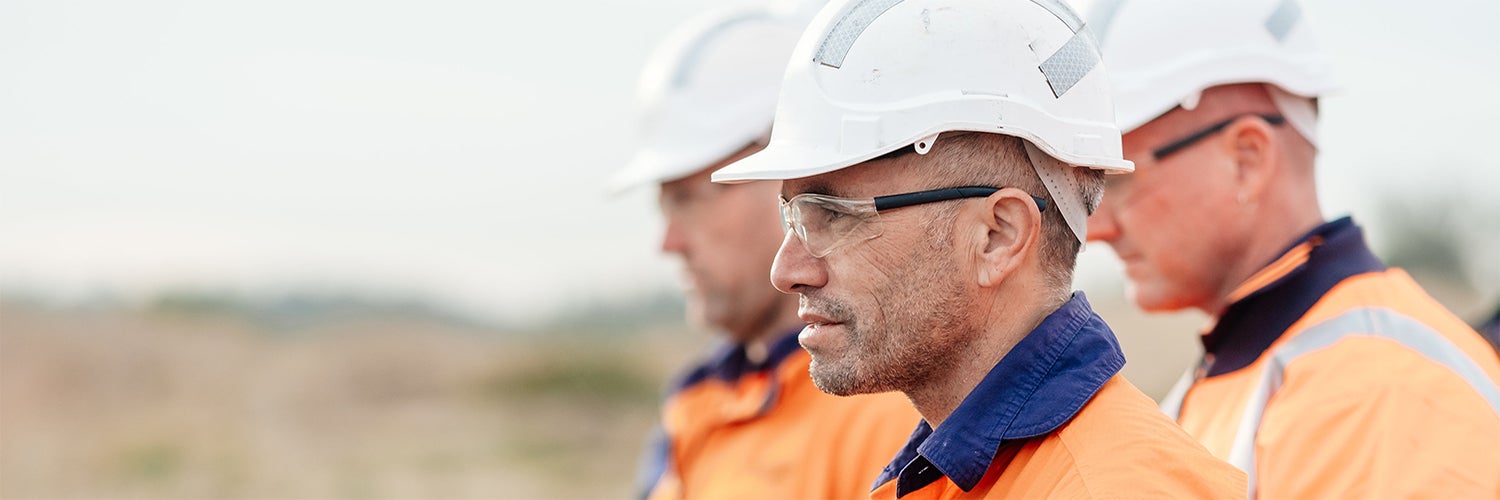Page
OPINION: Politicians must stop playing their mine games
Opinion piece featured in the Daily Telegraph on 30 May 2019
“Sorry about this, but I’m afraid we have to end your mining job and the jobs of thousands of your workmates and neighbours. It will cause massive upheaval for your community, which may not survive. But I also have some good news. There’s no need to worry about the future, or how you will house and feed your family. We’ll retrain you all for jobs in other unspecified industries. Trust me. After all, I’m a politician and I’m here to help.”
It’s not likely to be a successful election pitch to voters. Yet some still can’t grasp why thousands of people in mining regions across Australia didn’t vote for it.
Here in NSW, most of the 40,000 people that work in mining live in local communities near where mining takes place. They send their kids to local schools, shop at local shopping centres and play weekend sport with local teams. Many of these same people obviously felt under threat from some policies proposed at the recent federal election – particularly policies calling for a ‘transition’ from coal mining.
The Hunter region is home to 12,000 miners and their families, and this time many of them voted differently than in the past. In the electorate of Hunter Labor suffered primary vote drop of over 14 percent. The Greens vote also went backwards, while the coal mining One Nation candidate received a massive 21 percent swing toward him. In the neighbouring electorate of Shortland, Labor’s primary vote also dropped by over 10 percent. It was the same in the coal mining regions of Central Queensland, with big swings away from Labor there too.
These voting trends suggest many people in mining regions felt that policies referring to ‘economic transition’ really meant ‘economic termination’, and ‘economic diversification’ really meant ‘economic decimation’. These trends are also consistent with the sentiment regularly expressed to me by coal miners that the Labor Party they used to vote for in droves is now too close to the Greens, who want to end all coal mining completely.
Those calling for economic transition of coal regions clearly need to do better to ensure the people who feel most at risk are actually part of the conversation. And while a diverse economy is important, most people understand you don’t successfully ‘transition’ or ‘diversify’ your economy by cutting out one of your strongest sectors, especially in a mining region. Many people working in the coal sector also find it hard to reconcile talk of ‘transition’ with the strong export demand experienced over the last five years, and expected to continue.
Mining in NSW is currently in a ‘sweet spot’ with good commodity prices, coal exports at or near record levels for the last five years, and increasing demand for a wide range of our resources from traditional and emerging markets. Dozens of new technology coal-fired power plants are in use or being developed in Southeast Asia and they work best using the high quality coal we produce. Similarly, the increased use of renewable energy is driving demand for nickel, copper, cobalt, lithium and other NSW minerals needed to produce more wind turbines, solar panels and batteries, as well as for the manufacturing of electric vehicles.
NSW is in a prime position to capitalise on this growing demand for traditional and new energy. There’s a strong future for our mining sector as part of a strong and diverse State economy. Those politicians who pursue this are most likely to receive support from mining communities in the future.
Stephen Galilee
CEO, NSW Minerals Council

